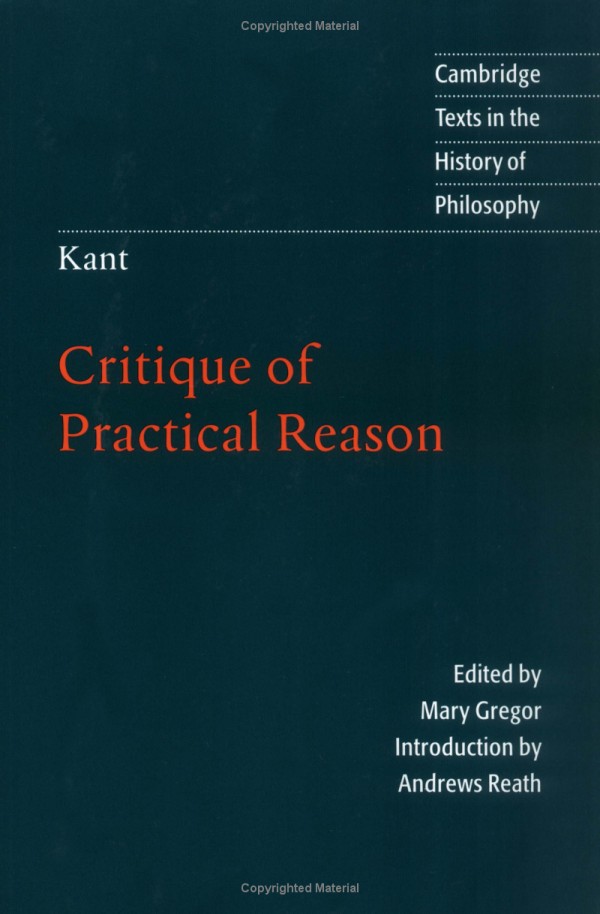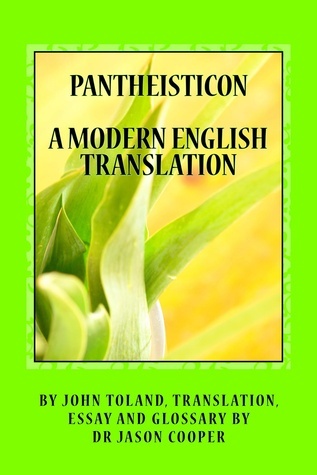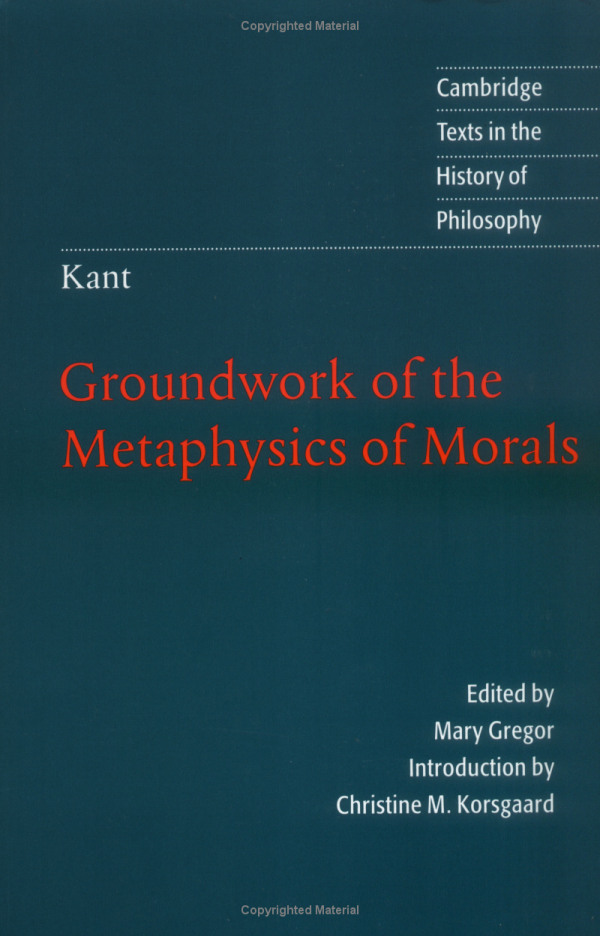
Ethics
Book Description
Imagine a world where everything is interconnected, a tapestry of existence woven from reason, emotion, and the divine. Baruch Spinoza's 'Ethics' unravels the intricate relationships between humanity, nature, and the cosmos, revealing profound truths about the essence of good and evil. With bold clarity, Spinoza challenges conventional beliefs, inviting readers to embrace a radical vision of freedom and understanding. Every page pulsates with the urgency of seeking a life guided by rational love and intellectual clarity. Can a philosophical journey reshape your perception of reality and empower your choices in a tumultuous world?
Quick Book Summary
Baruch Spinoza's "Ethics" is a groundbreaking philosophical treatise that explores the nature of reality, human emotion, and divine order using a rigorous geometrical method. Rather than viewing God as a transcendent being, Spinoza equates God with nature itself, positing that everything in existence is part of a singular, infinite substance. He argues that human beings are subject to natural laws and emotions but possess the capacity for rational understanding, which enables freedom and virtue. The pursuit of reason and intellectual love of God, Spinoza contends, leads to true happiness and peace. Challenging traditional conceptions of morality, free will, and the soul, "Ethics" presents a radical vision rooted in unity, necessity, and the transformative power of rational comprehension.
Summary of Key Ideas
Table of Contents
The Unity of God and Nature
Spinoza begins "Ethics" by laying out his metaphysical foundation, asserting that reality consists of one substance—God or Nature—rather than many. In this system, everything that exists is a mode or expression of this singular substance, which is infinite and self-caused. By rejecting the conventional distinction between the creator and creation, Spinoza offers a radically unified vision of the cosmos, where God is immanent in all things, and nothing lies outside the scope of natural law.
Determinism and Human Freedom
This framework leads Spinoza to determinism: everything unfolds according to necessity, dictated by the nature of God/Nature. Human beings, like everything else, are governed by immutable laws and cannot act outside them. Despite dispensing with traditional free will, Spinoza claims genuine freedom is possible through understanding the causes that drive us, enabling a form of autonomy grounded in rational insight rather than caprice.
Understanding and Transforming Emotions
A significant portion of "Ethics" is devoted to understanding the human mind and emotions. Spinoza views emotions as natural consequences of interactions with other modes, shaped by our understanding or ignorance. Negative emotions result from inadequate ideas and a lack of control, whereas cultivating adequate ideas and self-understanding allows one to moderate or even transform passions. Through this ethical psychology, he points to the possibility of enduring peace of mind and emotional resilience.
The Pursuit of Rational Knowledge
Central to Spinoza’s system is the pursuit of knowledge. By striving for "adequate ideas," we align ourselves with the order of nature itself. This intellectual striving—not mere moral obedience—constitutes the highest virtue. For Spinoza, the pinnacle of knowledge is the "intellectual love of God," a state in which the mind apprehends its unity with all existence, resulting in blessedness.
Ethics as a Path to Happiness
Ultimately, Spinoza proposes an ethic not of fear or obedience to external authority, but of self-understanding and rational love. Happiness does not depend on external fortune or the suppression of desire but on comprehending the order of nature and one’s place within it. By cultivating rational insight and emotional harmony, individuals can achieve true freedom, virtue, and peace—a life lived in accordance with the necessity and joy at the heart of all existence.
Download This Summary
Get a free PDF of this summary instantly — no email required.





